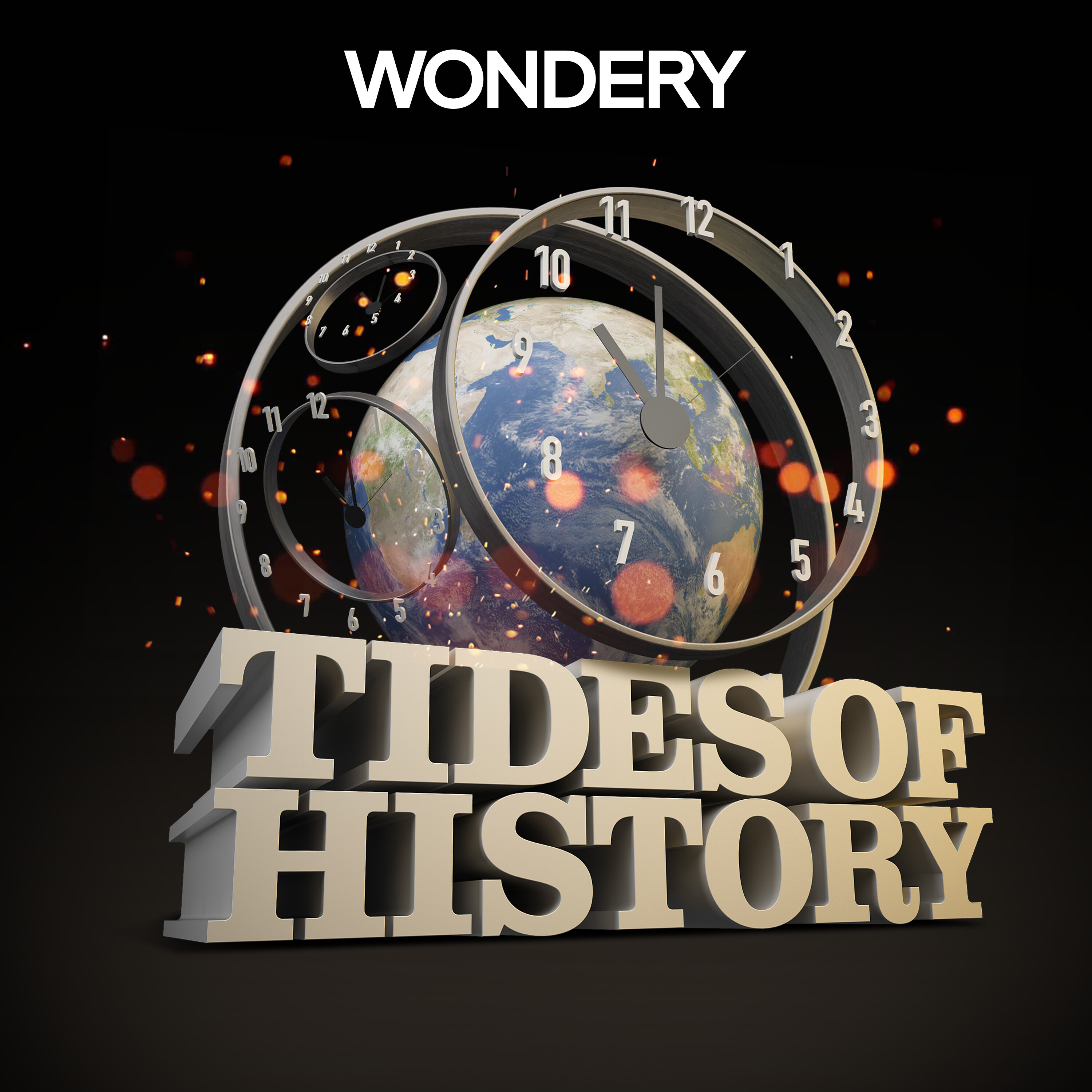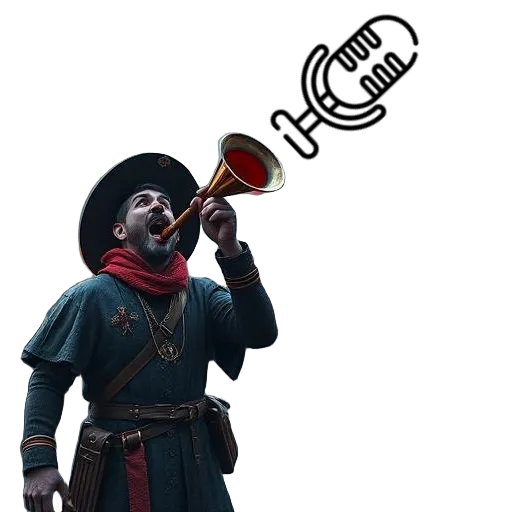The Rise of Egypt's New Kingdom
076: Greco-Bactria - Han China and the War of the Heavenly Horses
Episode 45 - Dr. Colin Shelton
Lost Landscapes of the Ancient Pacific: Interview with Professor Mike Carson
🔒 15. Thrace
Alexander the Great
• 



